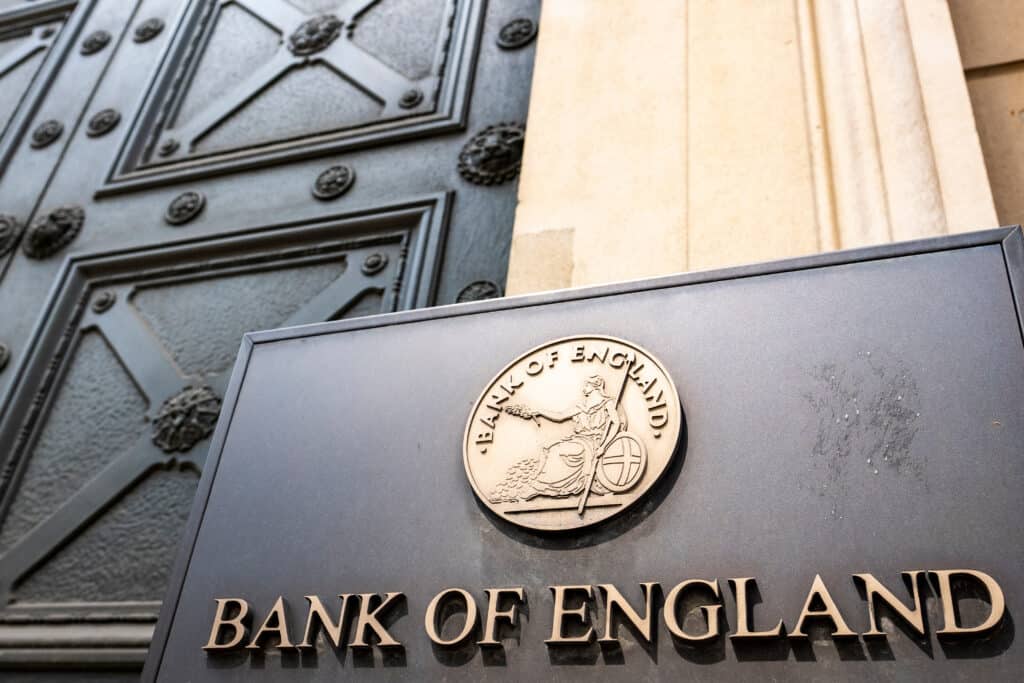
Key Takeaways:
- The Bank of England is reconsidering its digital pound plans, with Governor Bailey favoring private sector innovations over a CBDC.
- Public skepticism and privacy concerns have significantly slowed the UK’s CBDC progress, with over 50,000 mostly critical consultation responses.
- Global CBDC development remains fragmented, with few nations having launched and others, including the US, facing political and regulatory hurdles.
The Bank of England (BoE) is rethinking its push for a central bank digital currency (CBDC), with Governor Andrew Bailey favoring private sector innovations over a state-backed digital pound.
Bailey told Parliament he would need “a lot of convincing” to proceed if commercial solutions prove effective, signaling a major shift from the BoE’s earlier support for a digital currency.
‼️The beginning of the end for a UK CBDC?
— Big Brother Watch (@BigBrotherWatch) July 22, 2025
Harriett Baldwin MP: "You spent millions developing this so far…are you likely to make a go or no-go decision on this #CBDC for the UK?"
Bank of England Governor: "I question why we need to introduce a new form of money…"
It's time… pic.twitter.com/NyywPDabU6
The project, still in development, trails behind global peers and faces significant public opposition.
A consultation received over 50,000 responses – most critical – citing privacy concerns and risks like accelerated bank runs.
Some fear foreign or Big Tech-issued stablecoins could threaten the UK’s monetary sovereignty.
In the United States, CBDC efforts have stalled due to legislative resistance.
The House passed the Anti-CBDC Surveillance State Act, barring the Federal Reserve from issuing a digital dollar without congressional approval.
Critics, like Rep. Marjorie Taylor Greene, warn that stablecoin laws could stealthily enable a government-issued CBDC.
So far, only the Bahamas, Jamaica, and Nigeria have officially launched digital currencies, while other nations remain in varying stages of development, according to the Atlantic Council.

